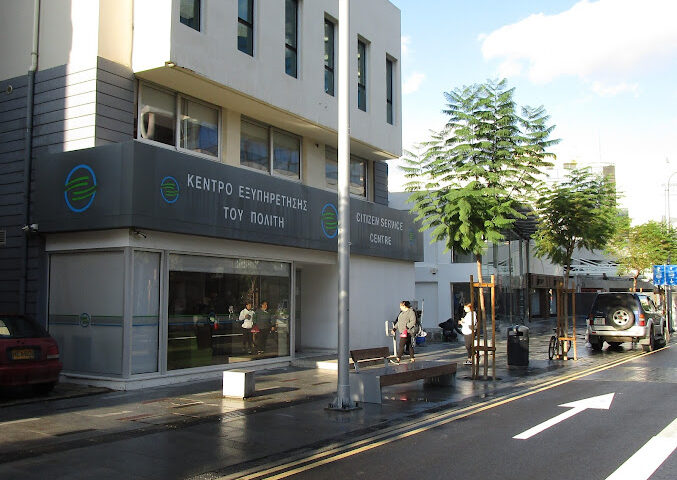There are three ways to buy immovable property in Cyprus:
- Purchase immovable property with immediate transfer of registration certificate (title deed).
- Purchase of immovable property through a Sale Contract (SLC).
- Purchase immovable property from a current purchaser (not an owner) through the assignment of the Sale Contract.
Choosing the right property
Purchasing an immovable property is a process which requires careful handling by the buyer to avoid any unpleasant situations.
In selecting the right property, we advise the interested buyer to become aware of all the rights and restrictions related to that property.
The more information the prospective purchasers have at their disposal, the better the decision will be made.
Request certificate of registration
Having a certificate of registration (title deed) for the immovable property ensures its registration in the Land Registry of the Department of Lands and Surveys (DLS).
For complete information, a recent certificate of registration should be requested from the seller, which contains important information regarding the type and current condition of the property, as well as the exact size, location and if it is wholly owned or shared.
In the absence of registration, the interested buyer needs to investigate further and possibly seek the advice of a real estate expert.
Legal inspection of the property
Request from the seller to provide you with a Search Certificate of the property.
Search for all the characteristics of the property you are interested in on the “Department of Lands and Surveys Web Portal” (DLS Portal).
The characteristics of all properties are available to the public free of charge.
Moreover, you can find a video on the DLS Portal explaining how to search for them.
Make sure you know the following:
- Whether the immovable property is registered and whether it really belongs to the seller
- The registered area of the property
- If there are any encumbrances, e.g. mortgage, ‘memo’ (an encumbrance created after the registration of a court decision), court decision to sell the property, or other deposited Sale Contract affecting the property
- If there are any personal prohibitions against the registered owner, e.g. an order of bankruptcy or dissolution of a company, an order prohibiting the owner from selling the property.
Moreover, make sure you know the following:
- If there is legal public access to the property or if it is enclaved
- Whether any public stream, pathway or river passes through it
- If the property is affected by compulsory acquisition
- From the relevant Planning Authorities whether the property is affected by any development (e.g., a new road)
- If there are any other notes, commitments, or restrictions on the property
Value-added tax (VAT)
Ask the seller whether VAT should be paid and at which rate.
The seller should know in advance, after consultation with the Tax Department, whether the sale property is subject to VAT.
Make sure you know the transfer fees you, as a purchaser, must pay DLS when the property is transferred in your name.
If the property is a plot of land, check:
- For any interventions by third parties, by local inspection of the property
- If the registered area of the property corresponds to its actual area
- The town planning characteristics of the property so that you know the development and use rights of the property
Antonis Loizou F.R.I.C.S. – Antonis Loizou & Associates EPE – Real Estate Valuers, Estate Agents & Property Consultants










